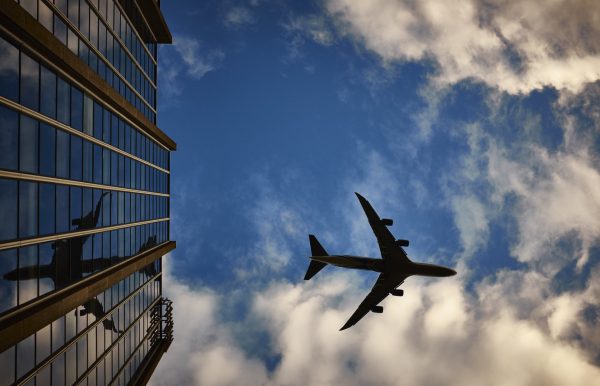Travelling outside the country can be fun and full of anxiety at the same time. After you’ve packed your luggage, booked your flight, sorted your accommodation at your destination, you count down the days until you travel.
As you cross off your checklist here is some advice for you:
Gather as much Intel as you can
Find out the exchange rates of naira to the currency of the country you are visiting, so you don’t get stranded. Find out early enough if you need a transit visa. To be on the safe side, make photocopies of your travel documents, including other useful documents like birth certificate, immunisation papers etc. That way, you can keep the original in your luggage and have the copies with you when you move around your stop-over city.
Find out about exit and entry fees, which can differ from flight fares in some countries. Find out about the voltage regulation levels so you will know whether you need to travel with/buy an adapter. Be armed with knowledge.
Sort out money matters
Try to travel with sufficient cash on you. There is nothing more frustrating than being held up from your flight because the amount of cash (foreign currency) you have in hand does not satisfy the Nigerian airport authorities. Avoid carrying large sums of money in a single place. If you carry cash, spread them all over your person like in your purse, in your pockets, in a pouch hidden beneath the surface, etc.
Inform your bank of your plans to travel so that they do not block your account when you make transactions from a foreign destination. Have extra cash in your account apart from the amount needed for flight tickets and other known bills. Also, know what your bank’s policies are on the minimum amount of money you should have in your dollar account so you do not blow all your cash thinking you have money and end up being stranded at an ATM in a foreign country. As much as possible, avoid spending in US Dollars or Euros; convert your cash to the national currency of the country you are visiting. Make sure you change money at banks, hotels and recognised/bank recommended locations.
Dress appropriately
Aeroplanes are usually cold so you might need to have a thick cardigan or jacket with you to keep warm. Avoid wearing tight clothes or high heels to the airport. Travelling abroad is usually a long ride so ‘comfort’ rather than ‘fashion’ should be your watchword. Avoid wearing shoes or any item that is difficult to remove; excess or expensive jewellery, anything metallic and clothes with censored writings on them.
For the sake of fellow passengers, use mild perfumes. Air gets recycled in an aeroplane and a strong fragrance could cause nausea/discomfort.
Be security conscious
Not every stranger that chats you up especially at the airport is a friend. Be on alert for dubious characters. Never agree to watch anybody’s baggage. Keep your distance and avoid unnecessary contact. If you plan to purchase any artwork or electronic item during your stay abroad, ensure you get receipts, invoice, certificates and any other required document as proof of purchase. That way you won’t have problems with the airport authorities on your way back home.
Does your passport have at least 6 months validity on it excluding the period for your travel? If not, then renew your passport. Make sure you know where the Nigerian Embassy is in any country you visit and how to get to it if you find yourself caught up in any unwarranted trouble. And when you arrive at your destination, do not be quick to go out at night with a stranger or walk alone in a strange neighbourhood so you are not a victim of a petty crime in a foreign land. It doesn’t matter if you met the person online; prevention, we Nigerians say, is better than cure.
Be Medically Advised
Find out if the airport you are arriving at has vaccination requirements. Get your medical papers in order before you travel. It’s best not travel with medicines containing codeine, tramadol or other stimulants. Get a prescription for any non-First Aid drug you intend to travel with. Do not carry contraband items with you on board e.g. knives, aerosol cans, etc. Make sure you have medical and travel insurance settled so you can have options in case of a medical emergency when you are abroad.


